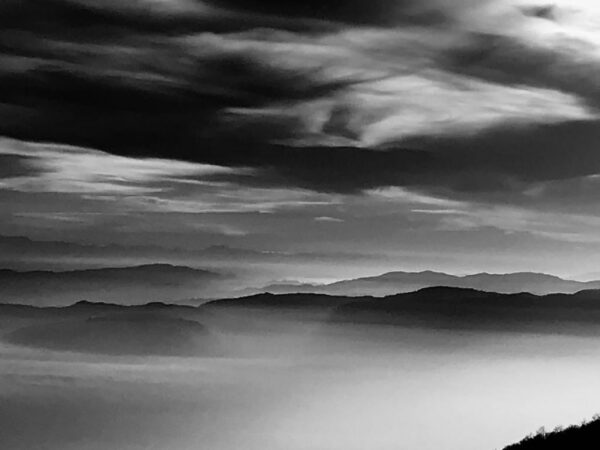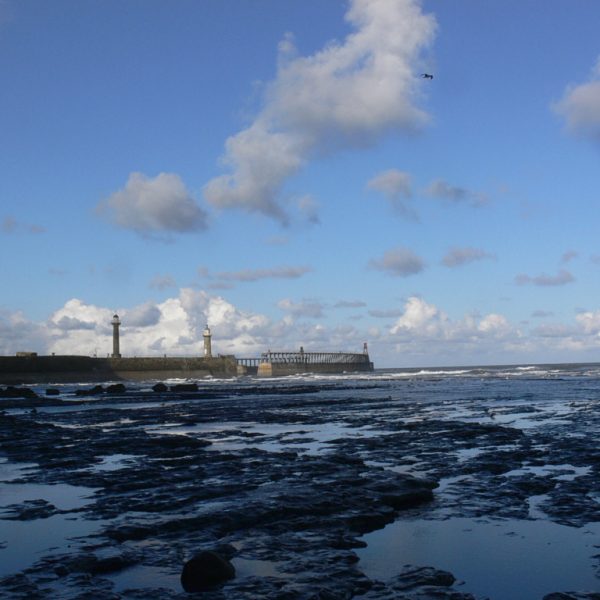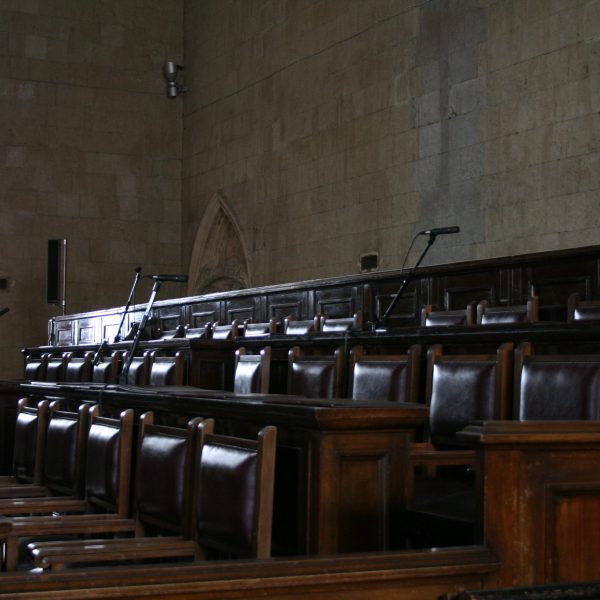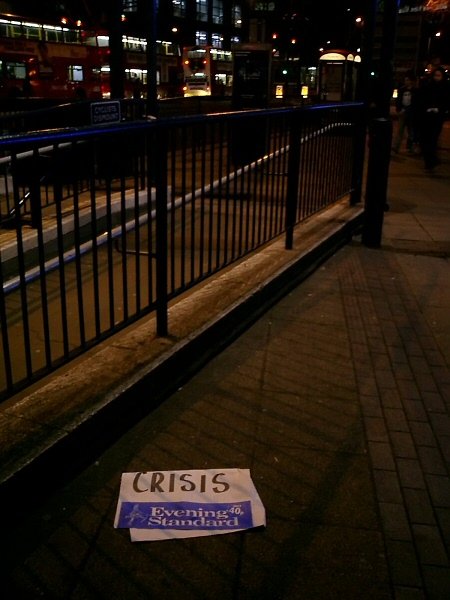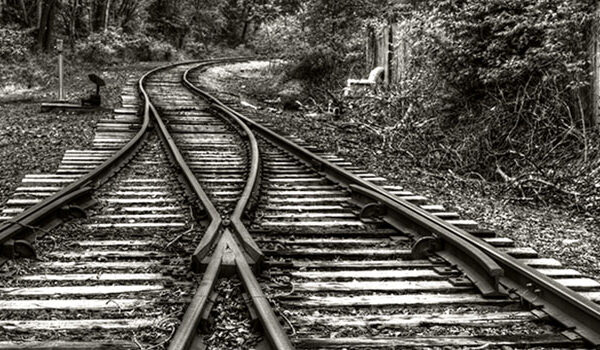
…dialogues between these two disciplines have revolved around anthropology’s socially situated “is” and theology’s normative “ought,” asking how these disciplines can take what they are allegedly missing from each other. In this way, anthropology and theology recapitulate a much broader divide between religion (as a moral realm) and science (as a purely descriptive domain). This division is fairly recent, growing up since the late nineteenth century (Numbers 2010), but it is now part of our common-sense. I want to question this division in what follows.
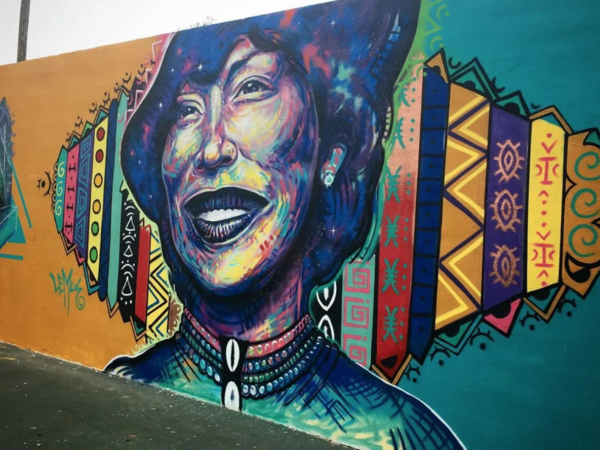
The best place to begin in bringing theology and anthropology closer together is with someone who did not write as if the two were separate, even opposed disciplines. Zora Neale Hurston carried out ethnographic fieldwork on behalf of Franz Boas, and yet, writing in multiple genres, articulated a theological vision that meshed the universal God with particular human experience: “Nothing that God ever made is the same thing to more than one person.”
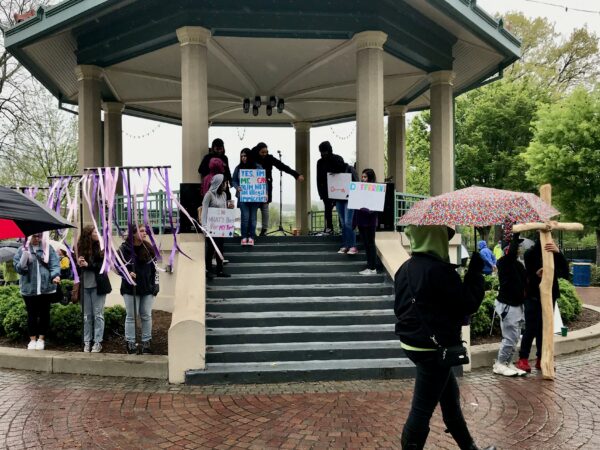
A common denominator among most scholarship on the relationship between theology and anthropology is lack of specificity around which and whose anthropology and theology we’re talking about. This overly generalized frame has privileged white, male, Eurocentric intellectual traditions and misses the generative possibilities of a more specific interdisciplinary exchange.

Combinations of theology and anthropology have been criticized for losing track of what theology ought to be about. Yet this loss might be precisely what enables scholars to understand political practices which point towards that which escapes both the theological and the anthropological grasp—a pointer which could be crucial to fashion solidarities that connect faiths in the pursuit of justice.
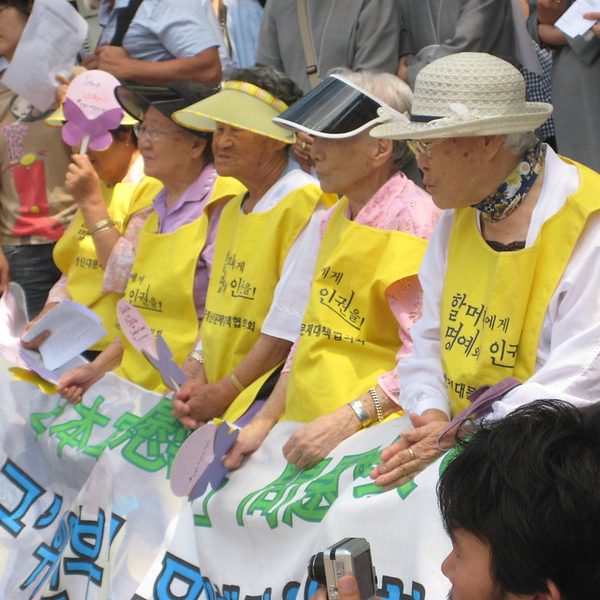
The survivors were oppressed and deprived of their freedom, dignity, identity, womanhood, and youth. However, they are now human rights movement activists, teachers, living testimony of the painful history, and much more.

Remembering a future that is habitable for humanity and receptive to justice requires remembering the inconvenient past that, when surfaced, can threaten the status quo.

We are currently seeing folks pause to reflect both on what has historically counted as “political theology” and the ways in which those evaluate norms and frameworks need to shift moving forward.
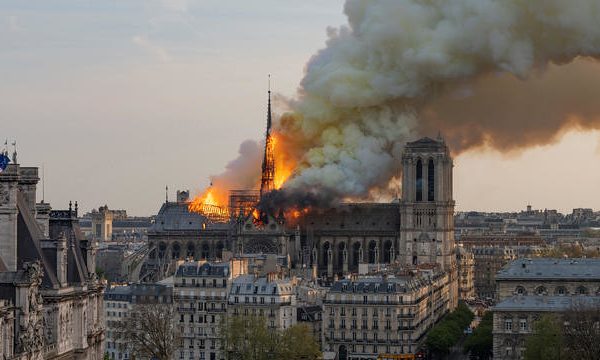
How might we think about political theology in the absence of conventional scriptural, interpretive or institutional authorities together with their conceptual worlds?
